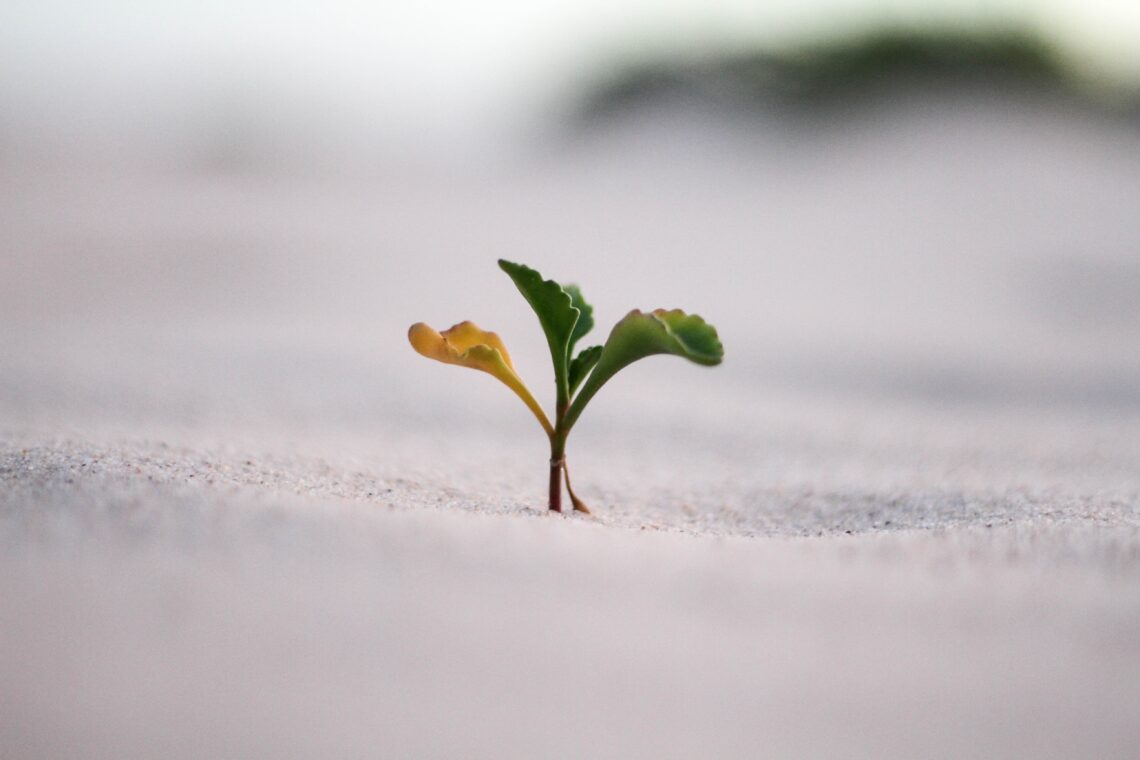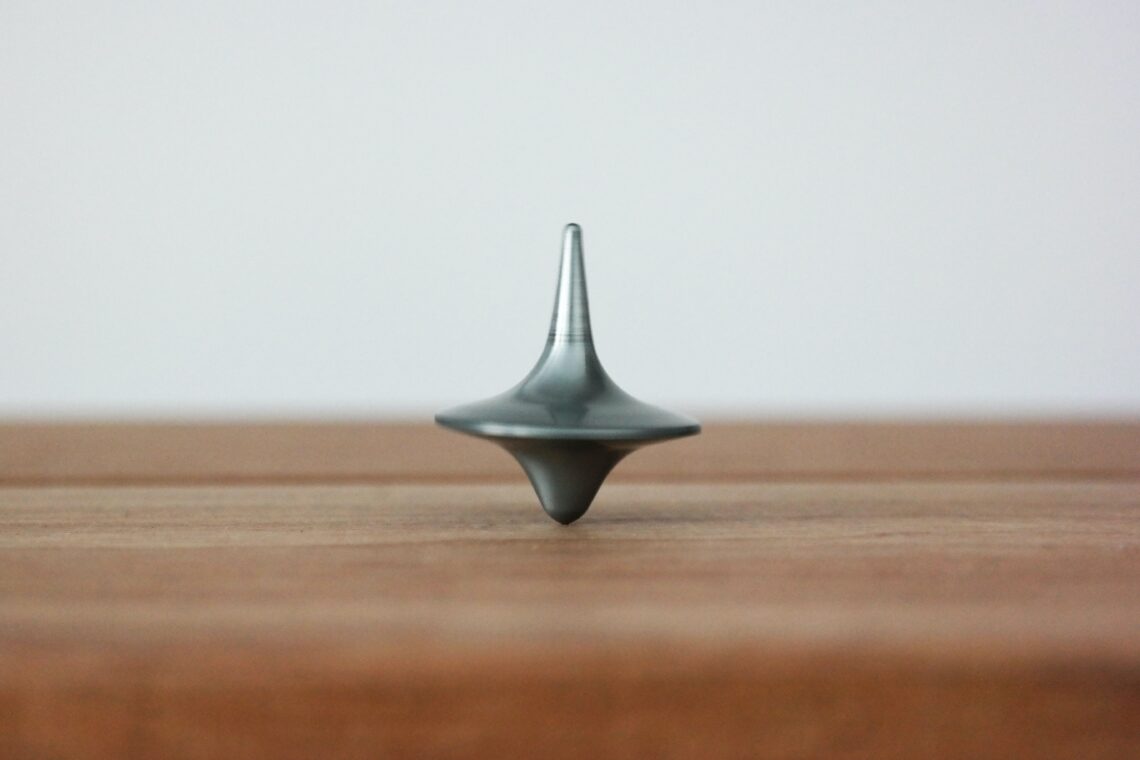Reimagining Failure: Lessons in Resilience
Failure is a part of life. It’s inevitable, and it’s how we learn and grow. But it can also be a source of anxiety and fear. We often view failure as a negative experience, but it doesn’t have to be. By reframing our perspective on failure, we can learn to embrace it and use it as an opportunity to become more resilient.
The first step in reimagining failure is to recognize that it’s a natural part of life. Everyone experiences failure at some point, and it’s important to remember that it’s not a sign of personal inadequacy. It’s simply a sign that you’re pushing yourself and trying new things.
It’s also important to recognize that failure is not the end of the world. It’s a learning experience, and it can be an opportunity to grow and develop. By looking at failure as an opportunity to learn and grow, we can start to view it in a more positive light.
When we experience failure, it’s easy to become overwhelmed and discouraged. But it’s important to remember that failure is not a reflection of our worth or our capabilities. It’s simply a sign that we need to adjust our approach or try something different.
One way to reframe failure is to focus on the process, rather than the outcome. When we focus on the process, we can start to appreciate the journey and the lessons we’ve learned along the way. We can also start to recognize our own strengths and capabilities, rather than fixating on the outcome.
Another way to reframe failure is to look at it as a stepping stone to success. Every failure is an opportunity to learn and grow, and it can be a stepping stone to greater success in the future. By recognizing this, we can start to view failure as a positive experience.
It’s also important to remember that failure is not permanent. It’s a temporary setback, and it doesn’t define us. We can always pick ourselves up and try again. By recognizing this, we can start to develop a more resilient mindset.
Finally, it’s important to remember that failure is not the end of the world. It’s an opportunity to learn and grow, and it can be a stepping stone to greater success in the future. By reframing our perspective on failure, we can learn to embrace it and use it as an opportunity to become more resilient.
At the end of the day, failure is a part of life. It’s inevitable, and it’s how we learn and grow. But it doesn’t have to be a negative experience. By reframing our perspective on failure, we can learn to embrace it and use it as an opportunity to become more resilient.
If you’re looking for more information on how to reframe failure and develop resilience, there are plenty of resources available. The Psychology Today blog offers advice on how to reframe failure and use it as an opportunity to grow. The HuffPost blog also offers advice on how to embrace failure and use it as a learning experience. The Entrepreneur website provides tips on how to use failure as a stepping stone to success. The Forbes website offers advice on how to develop resilience in the face of failure. And the TED Talk by Tina Seelig provides insight into how to use failure as a tool for innovation.
Failure is a part of life, and it’s how we learn and grow. But it doesn’t have to be a negative experience. By reframing our perspective on failure, we can learn to embrace it and use it as an opportunity to become more resilient.

